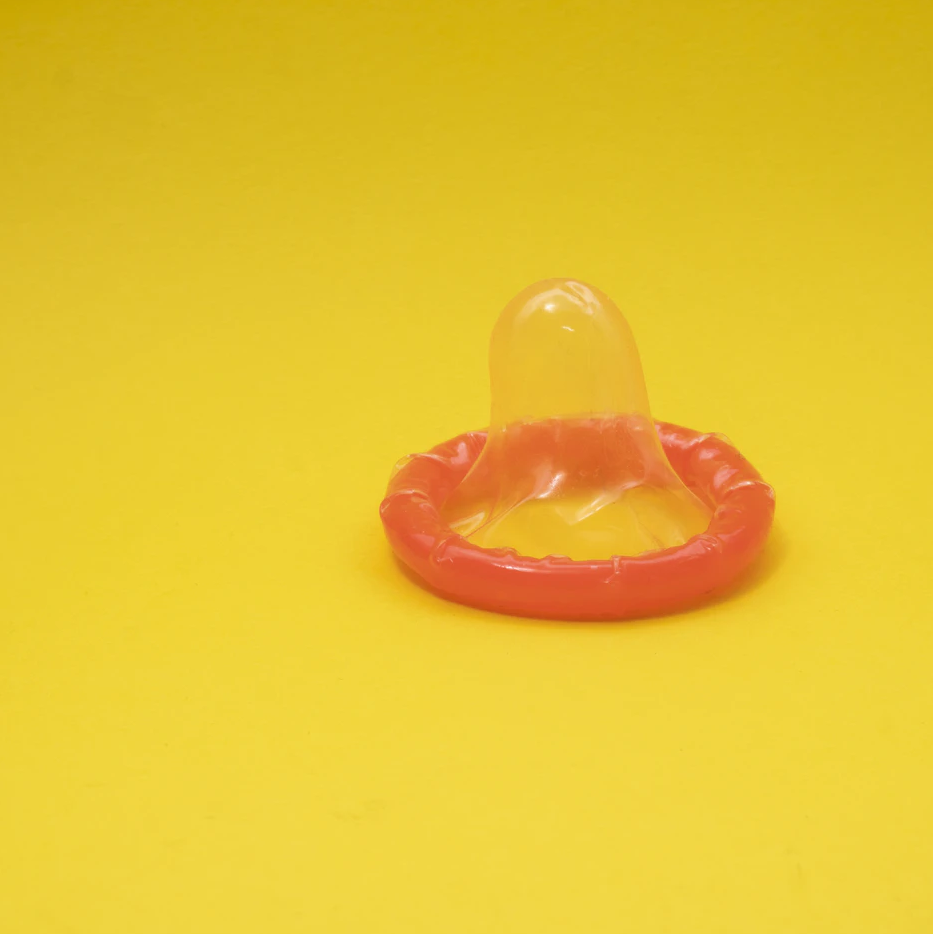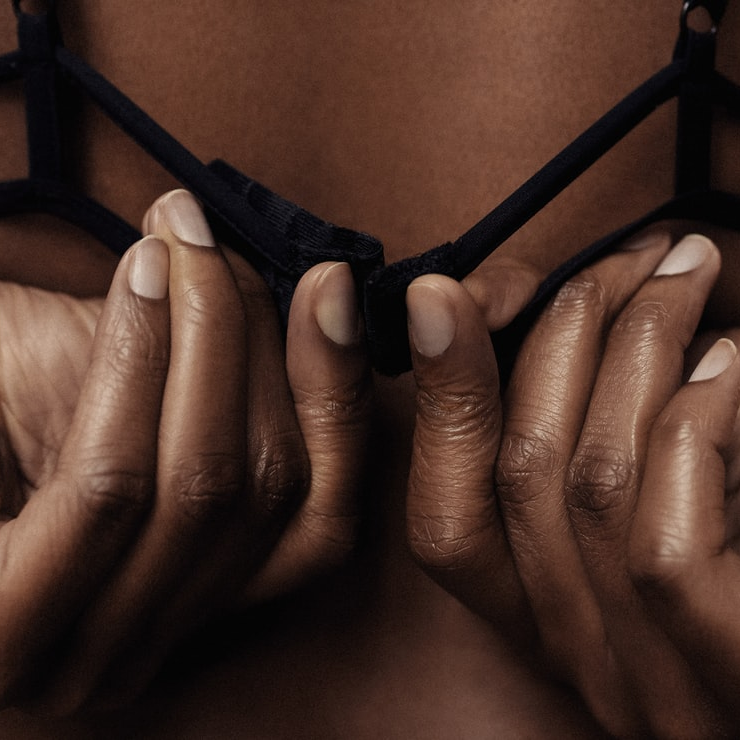Sex Ed with Chantelle Otten: What Healthy Harold Didn't Teach You
on Oct 25, 2020
So, you're ready to dip your toes into the magical waters of sex. Good for you! There is so much to explore and you're just getting started.
Chances are you already know your sex theory (like how to put a condom on a banana and that egg + sperm = baby), but how much practical knowledge do you have about how to have consensual, comfortable and satisfying sex? To help you get started, we've put together some tips and advice from Lovehoney's resident sexologist, Chantelle Otten.
What is sex?

Sex is any form of erotic behaviour with yourself or partners. For heterosexual couples, this often means penis- in-vagina penetration. But sex is so much more than this limited view. It's about expressing your erotic self and giving and receiving pleasure. Sex can be touching a partner's body in an erotic way, masturbation on your own or with a partner, oral sex, anal sex or penetration.
Sex is a way of experiencing and expressing sexuality. There are different kinds of sexual relationships - some are purely physical encounters and others build deeper connections and commitments.
While pregnancy can be a result of penetrative sex between a heterosexual couple, and many couples do have sex with the end goal of pregnancy, the two are not mutually exclusive - sex can also be just for pleasure.
What are STIs and how can we prevent them?

An STI is a sexually transmitted infection. You may have also heard them referred to as STDs, or sexually transmitted diseases. You can contract an STI by having unprotected vaginal, anal or oral sex with someone else who has the STI.
The most effective way to protect yourself from STIs if you are having sex is by using a condom, or using a dam for oral sex with a vulva.
How can you have safe sex?

No matter your sexual orientation and no matter the erotic situation, your sexual health should always be a priority. Safety can incorporate a variety of things - for instance some kinds of play may require safe words and good communication to ensure both partners are comfortable, and other situations demand more focus on physical safety by using condoms and lube.
If you are having any form of penetrative sex, you should wear a condom to protect against STIs. If you want to use protection with cunnilingus, cut open a condom and use it as a protective layer over the vulva.
When using sex toys, make sure to always wash them with a good toy cleaner, cover them with a fresh condom, and don't double dip.
For oral sex and rimming, if you (or your partner) aren't into intimate licking, you can consider using a dental dam. These special shields are often flavoured and act as a thin barrier between your tongue and your partner. They protect you from STIs and, as a bonus, can taste pretty good, too.
It's also really important to remember that the anus can hold some bacteria that shouldn't be mixed with the vagina. That's why it's best to avoid both having vaginal sex after the penis being in/around the anus and performing cunnilingus after rimming.
What is virginity?

There is no single definition of virginity because it's a social construct. Despite what many believe, it's not even a medical state.
Some people think that virginity is any sexual activity with another person for the first time, or that it's the first time a penis goes inside a vagina. Others are less strict with their definition, arguing that it's anything below the belt, that it's anything without clothes, or that it's anything going into a vagina.
What defines virginity is up to you - it can include a combination of sensual activities like oral, anal, vaginal, fingering and grinding.
I personally like to see it as a sexual debut, and look at virginity not only as a cultural concept, but also as a personal experience that means something different to everyone.
What happens when you first have sex? What's normal and what isn't?

Having sex for the first time is sooooo far from what you see in the movies. It's messy, awkward and a little confusing - and that's totally okay! What's important is that it's enjoyable for both parties!
It's normal to feel nervous and a little uncomfortable when you begin, but sex should never be painful. If it is consistently painful for three or more sessions of sex, then book an appointment with a sexologist to find out what is going on!
Communication is key - don't be afraid to ask to move into a different position or whether they have any lube. It's also okay to ask your partner to stop at any time.
As for what is/isn't normal, there is no such thing. Everyone is different and everybody's first sexual experience is unique. There's no right or wrong way to have sex - it's all about exploration and discovering your own personal preferences and desires.
You probably won't know right away what exactly you're into, so it's a great idea to experiment with your own pleasure first through masturbation.
Is masturbating normal?

Absolutely - masturbation is 100% normal. Not only that, it's fantastic. It is a great way for us to explore our sexuality and how we experience pleasure, and has so many other amazing benefits. From reducing stress and boosting immunity to increasing our sex drive, masturbation is amazing for our overall health and wellbeing.
It is also completely normal to masturbate when you're in a relationship. Everyone has a right to pleasure, and not just pleasure with a partner. There is nothing wrong with masturbating - it's a healthy part of anyone's sex life.
What would you like to see on the modern sex education curriculum?

In most schools, the conversation associated with sex ed usually revolves around biology and STI and pregnancy prevention. What I would like to see would be an inclusive conversation that covers sex and relationships, pleasure, positive sexuality and consent that caters to to all genders, abilities and orientations.
By putting a greater focus on inclusive sex education, consent and the importance of pleasure, we can expand our horizons beyond what the mainstream media defines as good sex. For a lot of people, sex means penis in vagina. However, there is so much more to being erotic with somebody. You have desire, anticipation, foreplay, oral sex, vaginal sex, anal sex and, yes, those highly sought-after orgasms.
If we talked more about self-pleasure, masturbation, the use of sex toys, foreplay and different sexual nuances at school, these topics wouldn't be seen as taboo for young people and would have a positive impact on healthy relationships. Oh and lube! Lube is so important.
Chantelle Otten is an award-winning sex therapist and relationship specialist in Melbourne, Australia. You can follow her on Instagram, and find out more at chantelleotten.com.
